Gornji Stoliv: Chestnut forest
Gornji Stoliv is a "hanging village" at 240 m.a.s.l. To get there, you have to walk for about 40 minutes along a graded, marked path of chestnut trees, although it is difficult to determine the time. That information about the time is written on the starting marking, but some will need a shorter time to the finish line, and some will need a longer time, especially if you stop and enjoy the magic of the forest. It is absolutely safe, and at the slowest pace you can climb up to Gornji Stoliv and treat yourself to a day that will be deeply engraved in the folds of your mind.
Foto: Woopie Woop
On the way, we meet a temporary woman who was returning home after shopping.
"Men don't have the ear to buy all those little things that women need in the house." They buy all the big necessities, but forget the little things. And then from time to time I have to go down and tear them" - the two of us talked, slowly climbing up the path that constantly led to the church of St. Elijah, which dominates the town in Gornji Stoliv.
"It used to be a living village, and today only our household lives here." - she would continue as she trotted forward with a weary step. She says that she used to be able to get out of Donji Stoliv to Gornji in ten minutes, but that was in the past. Now she gladly accepted our help in carrying things.
Foto: Fabian De Backer
People recount that there used to be four shops, two oil mills and four bread bakeries in Stoliv. They also say that it takes its name from the olive groves. Namely, every guy who wanted to get married had to plant a hundred olive trees (olive is called oliva in Italian, and a hundred olive trees eventually gave rise to the name Stoliv). If the guy didn't have enough of his own land, he had to clear the required area in dense chestnut forests. People in Stoliv also have camellia. Its seeds were brought by Stoliv sailors from Japan at the end of the 18th century. Today, this flower adorns their stone terraces, and the people of Stoliv celebrate in its honor in February. Maybe that's when we'll return to Stoliv again.
We had the opportunity to hear a story from Perast, that they did not allow their daughters and sisters to marry in Stoliv, because that settlement was always sunless, damp and cold. Because of this, young women, due to hard work, quickly fell ill and died. I guess that's why the men had to show that they were rich, so they planted 100 olive trees and thus attracted potential brides.
In Gornji Stoliv, we said goodbye to our temporary companion, whom my husband had waited for on the way to help her. We refused their kind invitation for coffee and passed through the village to the church whose courtyard was locked.
Photo: Boka news
When, six years ago, I hiked with mountaineers for the first time on this same path to the peak of St. Ilija, whose path continues beyond Gornji Stoliv, I had the opportunity to hear how a tourist from Slovakia, after his former visit to Montenegro, created a website about our country. and he was so enchanted by Stoliv that he dedicated a special rubric to him.
What you need to get to Gornji Stoliv: non-slip shoes. This time the path was slippery after the heavy rains, so on the way back I suggest you check the possibility and where the road allows it, you go along the stone path, through the chestnut leaves and their prickly pouches.
However, accept the challenge to pass it! Enter Gornji Stoliv and a walk through the chestnut forest in your plans this fall. Go there during October or November, and you can also attend the traditional Kostanjada. You wont regret!
Jelena Petrović, Blue Star
Cover photo: Aleksander Skakun
Photo: Boka news

Why is September in Tivat so irresistible? - Blog

According to Conde Nast Traveler magazine, Durmitor is among the 7 most beautiful places for hiking in Europe - Blog

Have you visited Sveti Vid ? - Blog

THE TOP 10 Kotor Tours & Excursions in 2023
When you subscribe to the blog, we will send you an e-mail when there are new updates on the site so you wouldn't miss them.
About us
We are Montenegro guide service. We will try to be excellent hosts and guides in answering everything you are interested in while you are on vacation in Montenegro.
Info & Contact
Dast Web Solutions SIA
Āraišu iela 27-6,
Riga LV-1039
info@dastweb.me
Guides
Local informatios
News and Events
Transport informations
Places and stories
Restaurants and bars
Services
Accommodation
Air Tickets
Rent a car
Rent a Yacht
Excursions

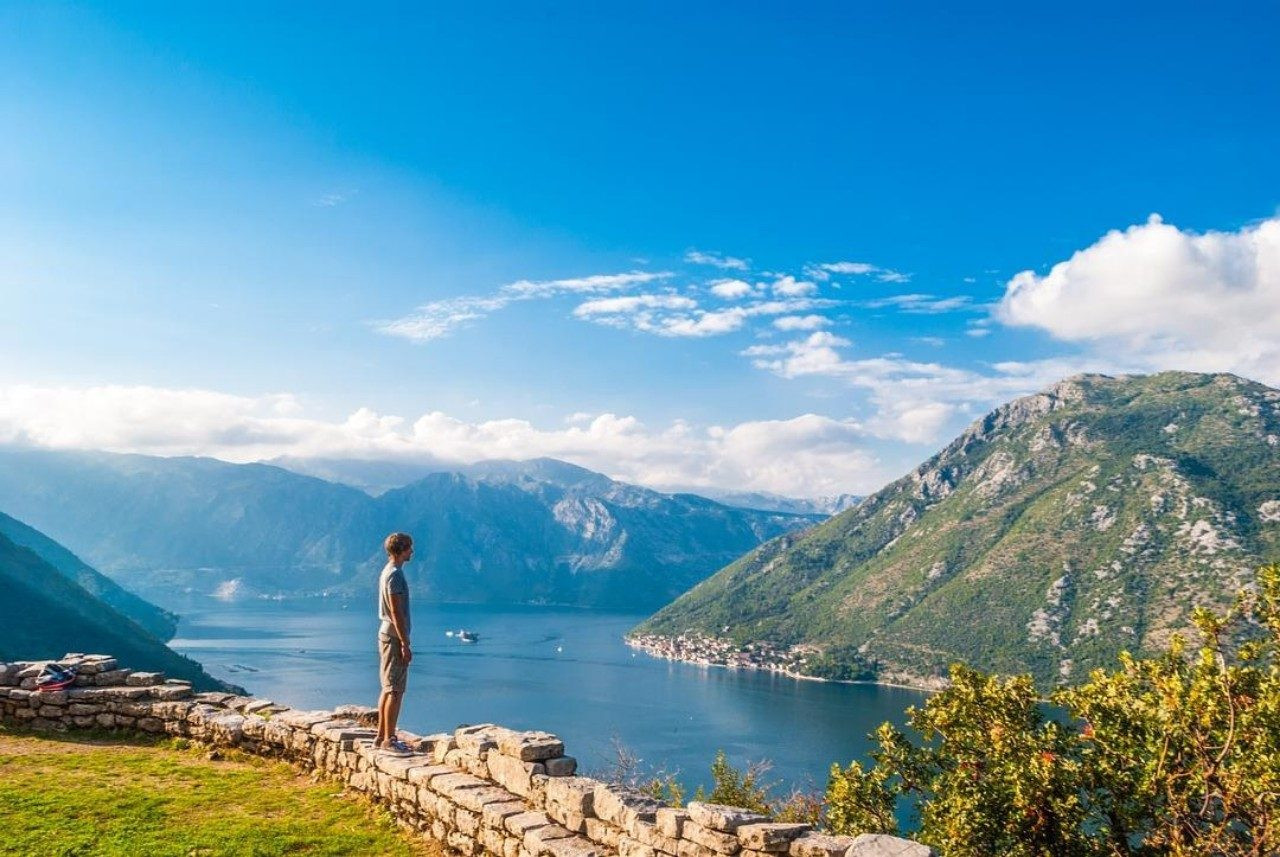
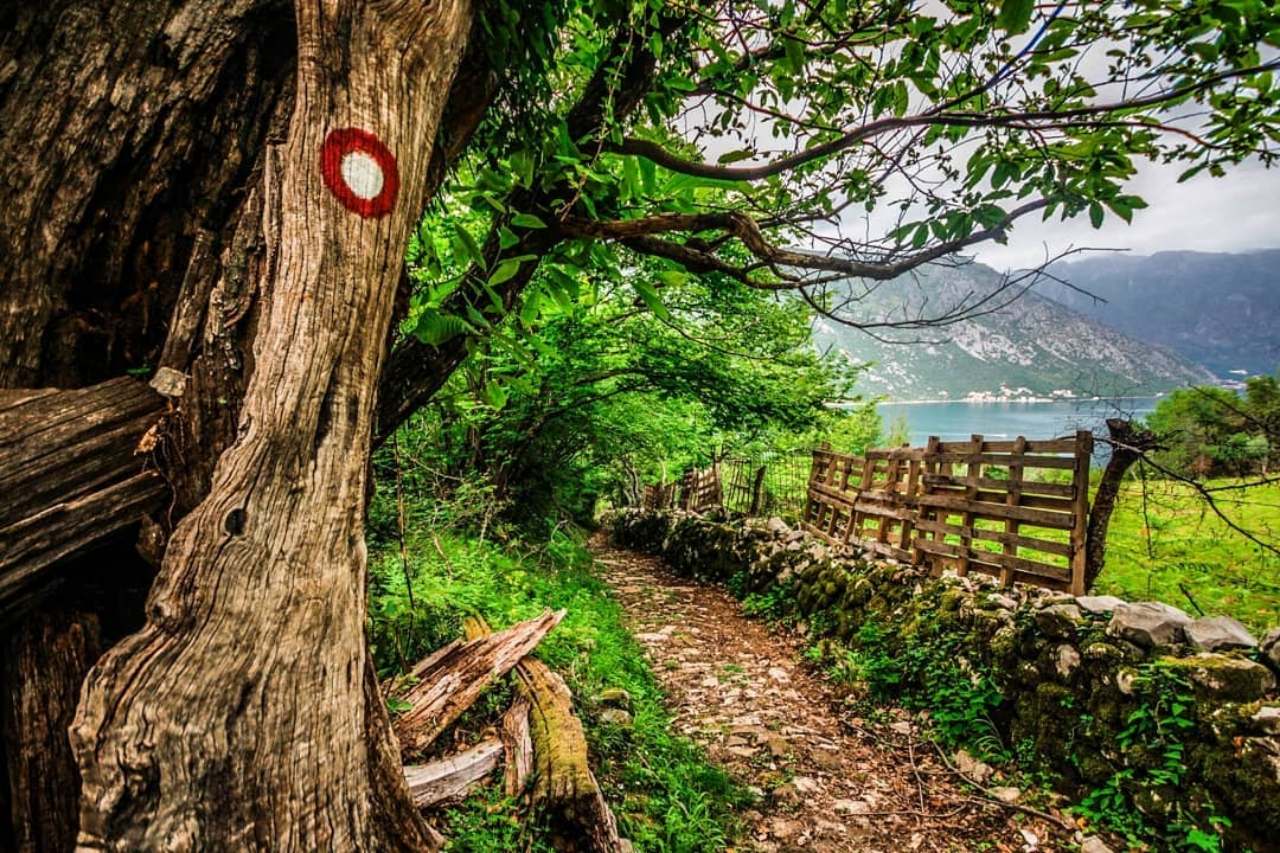
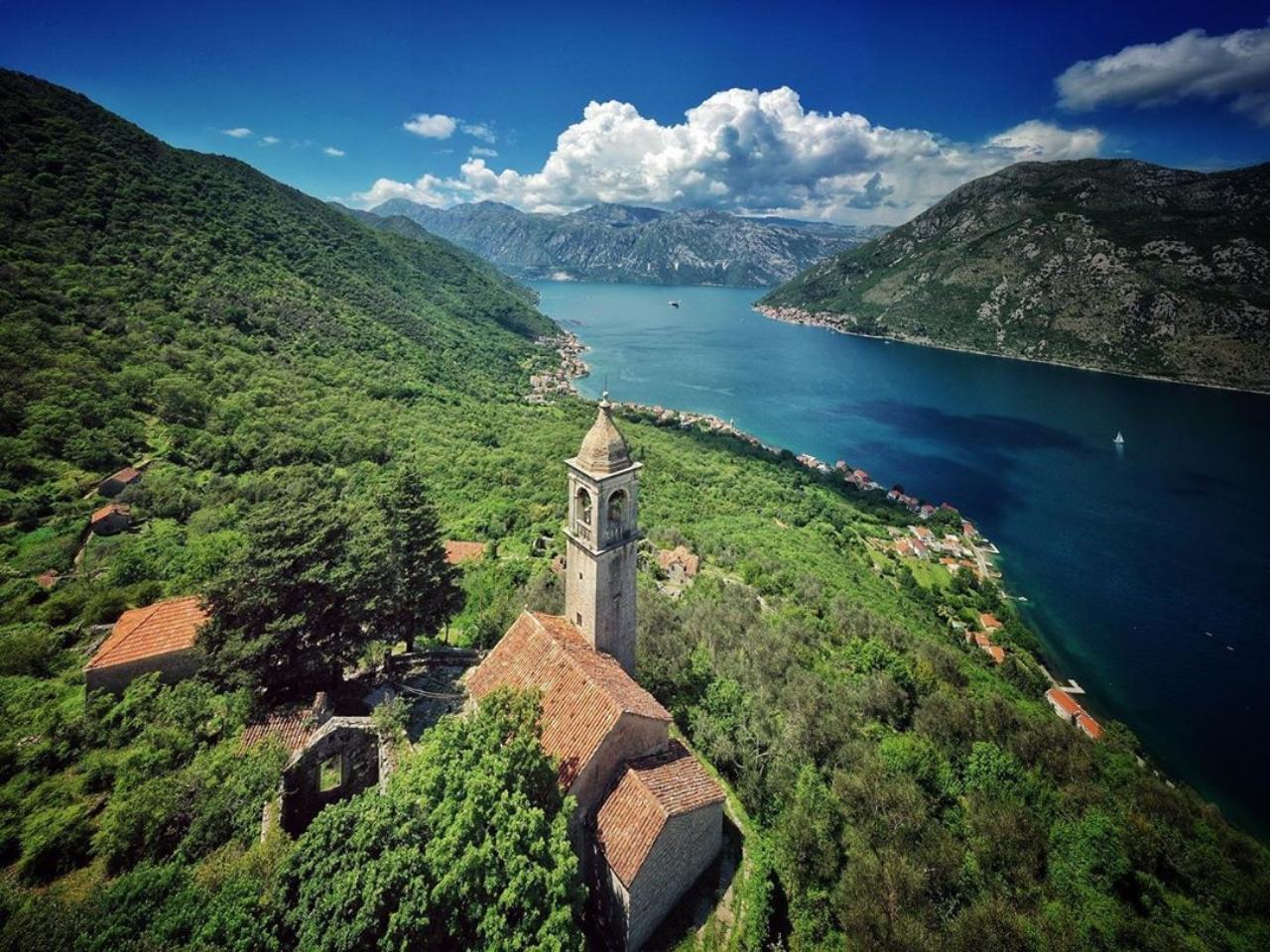
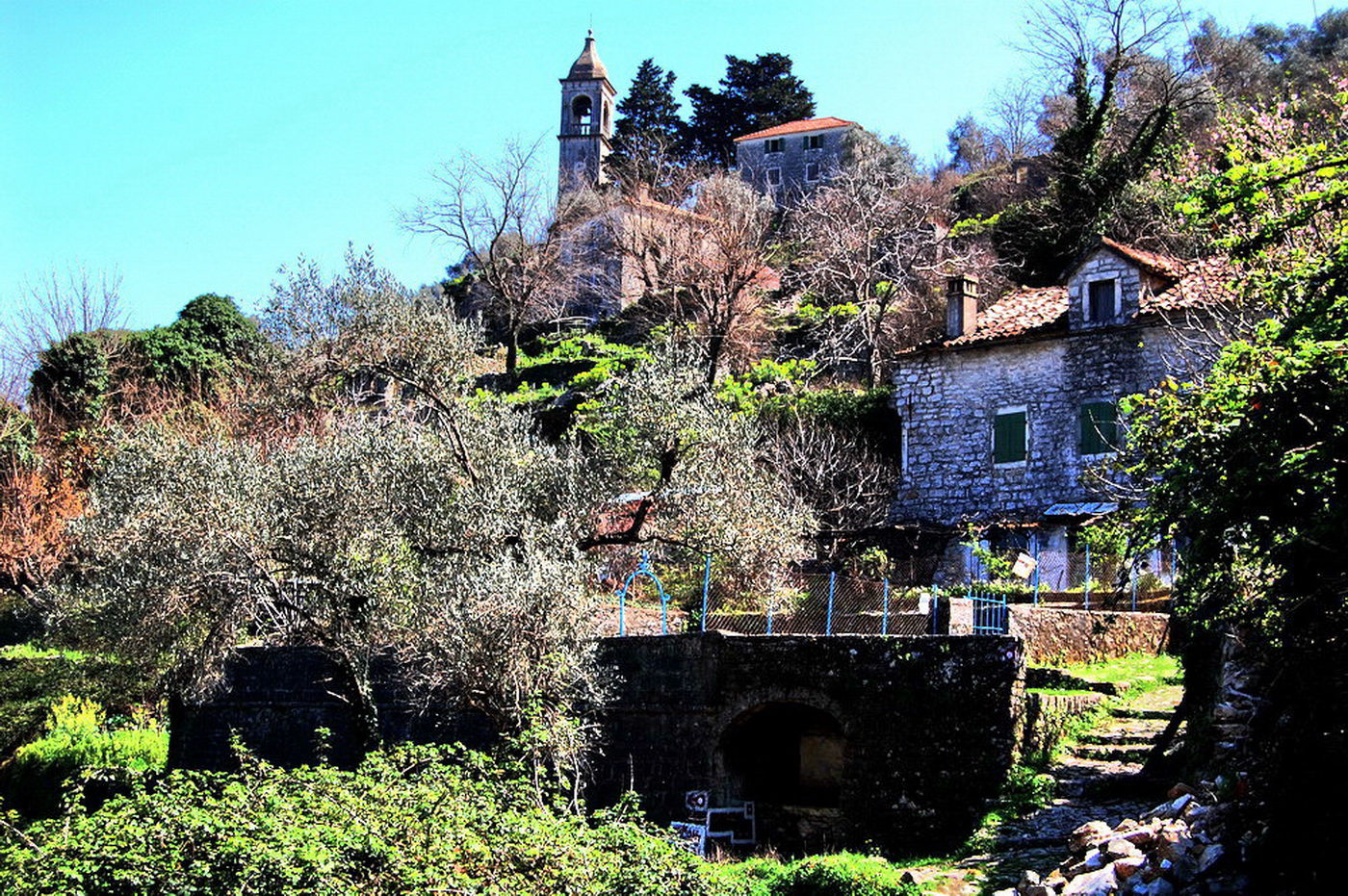
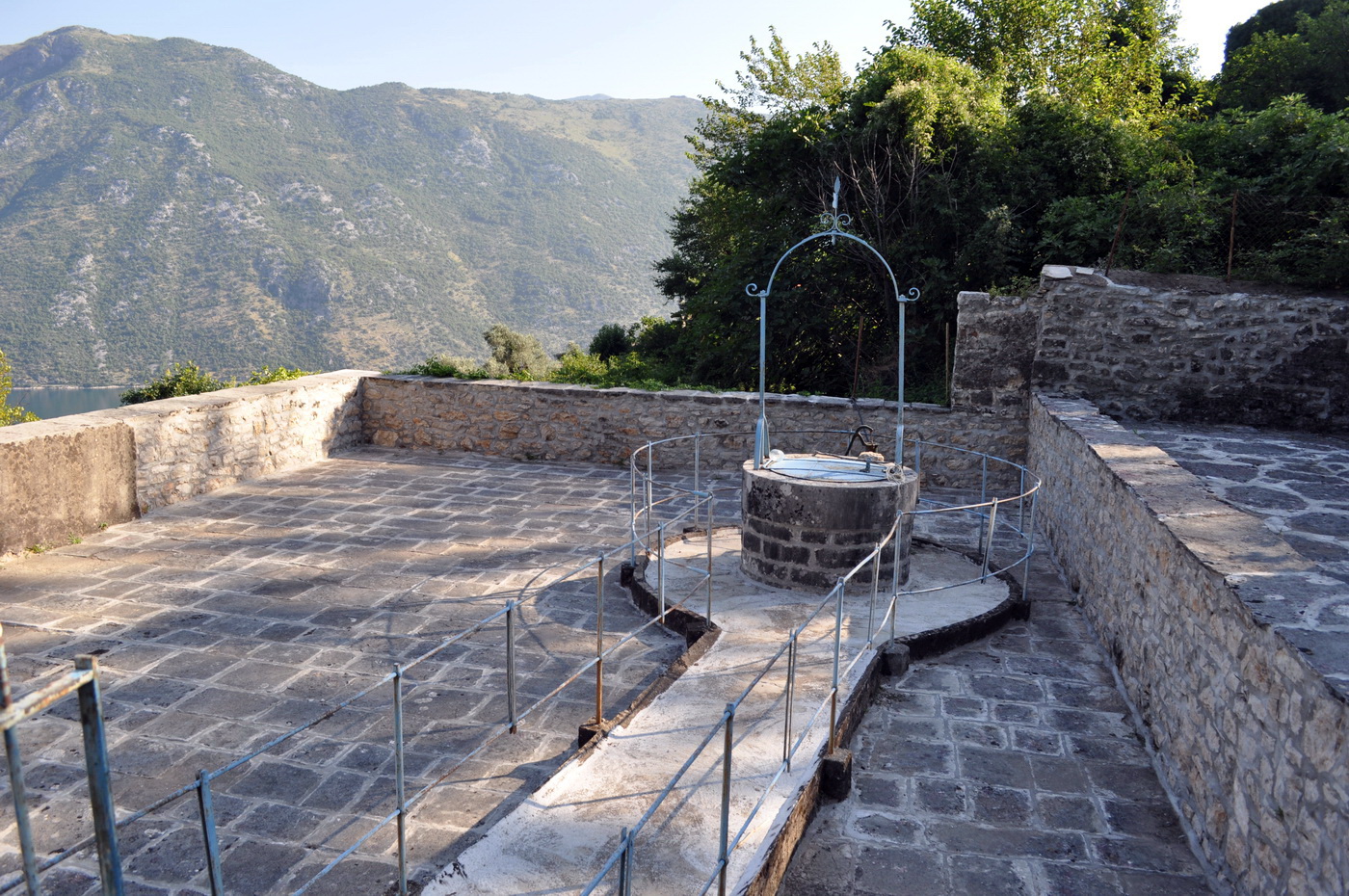
Comments